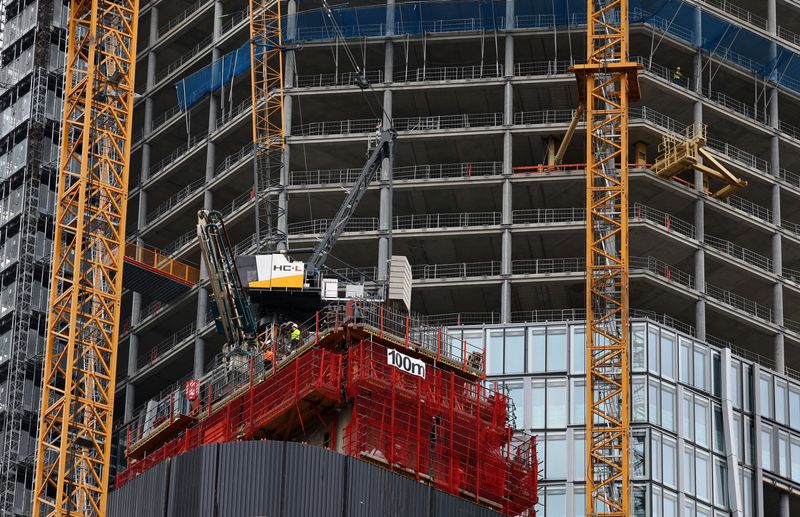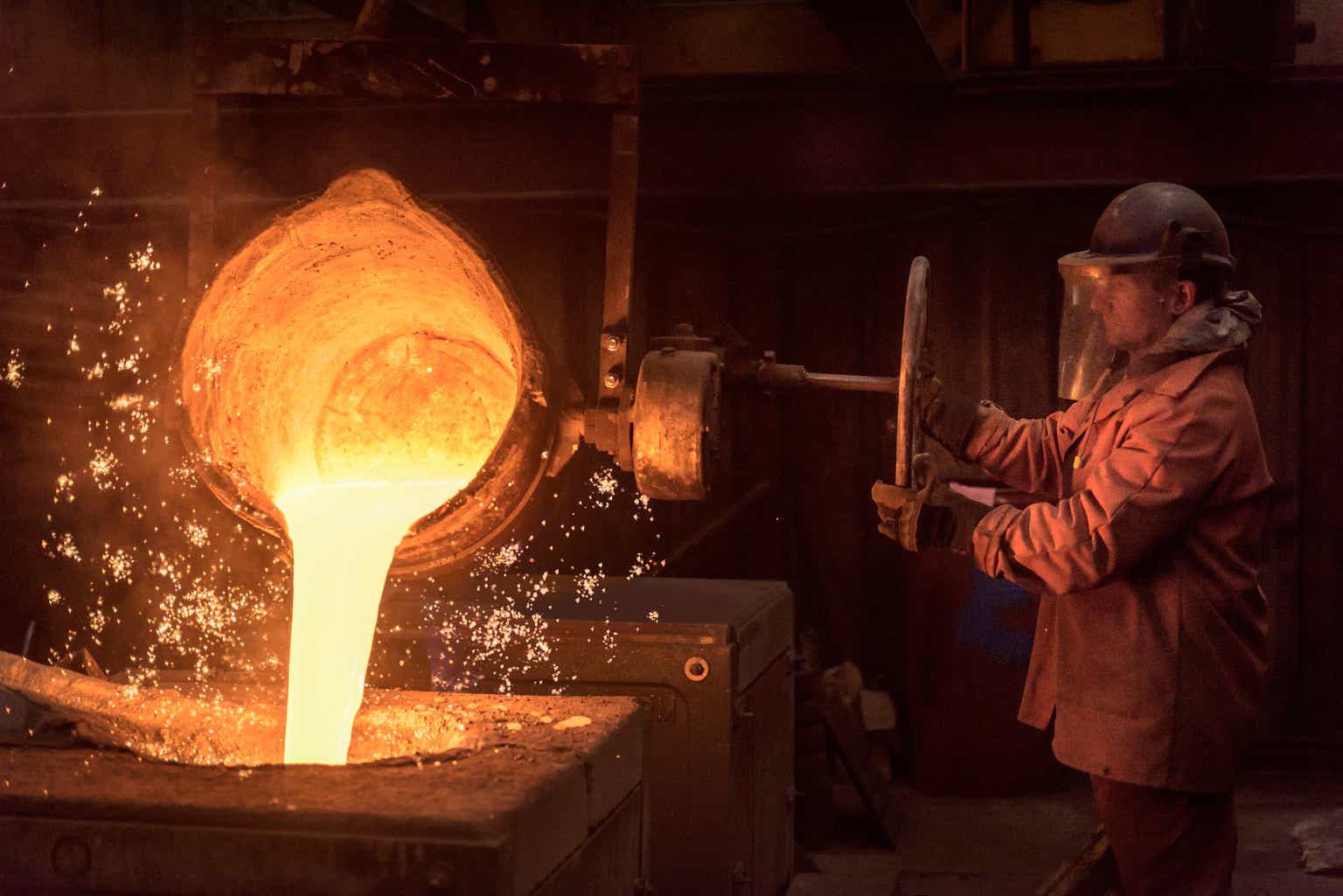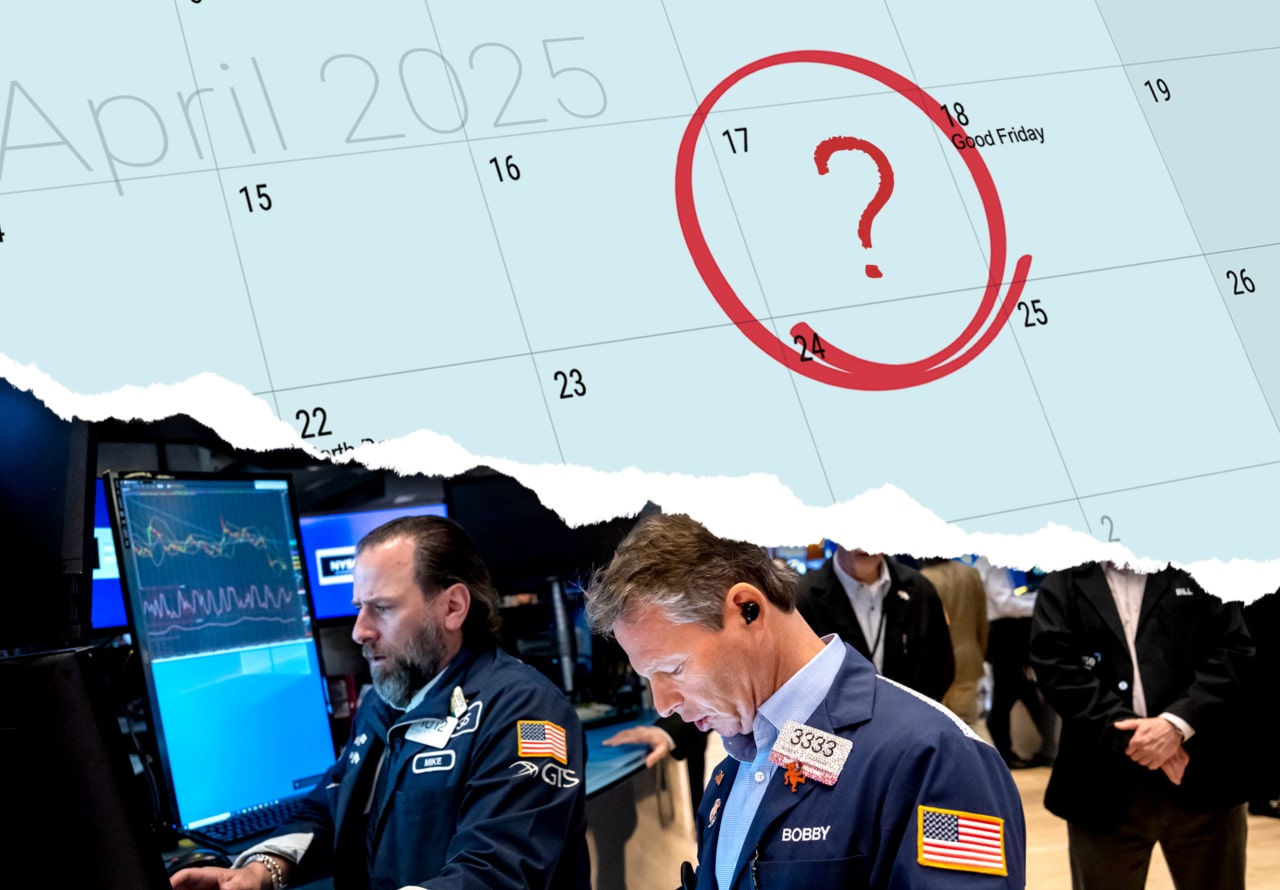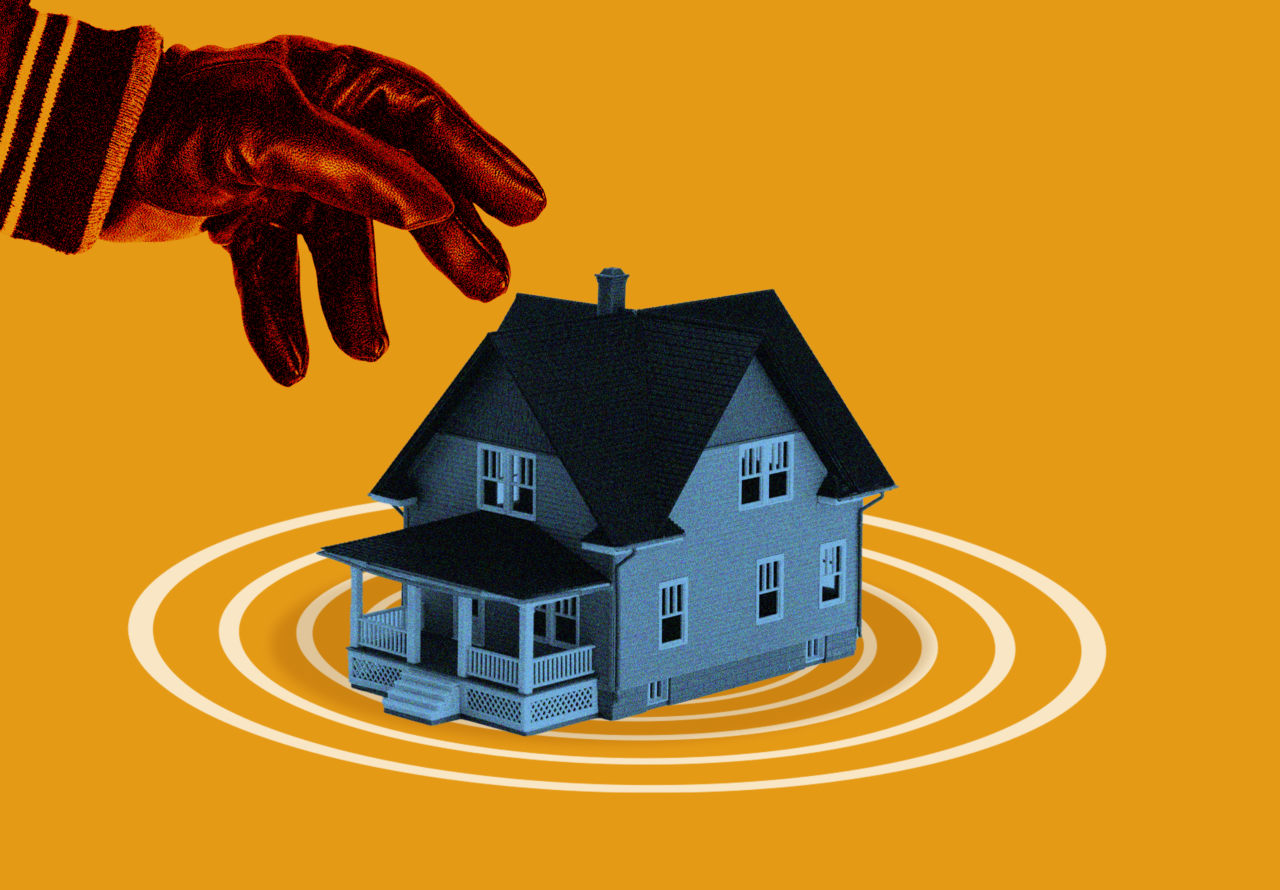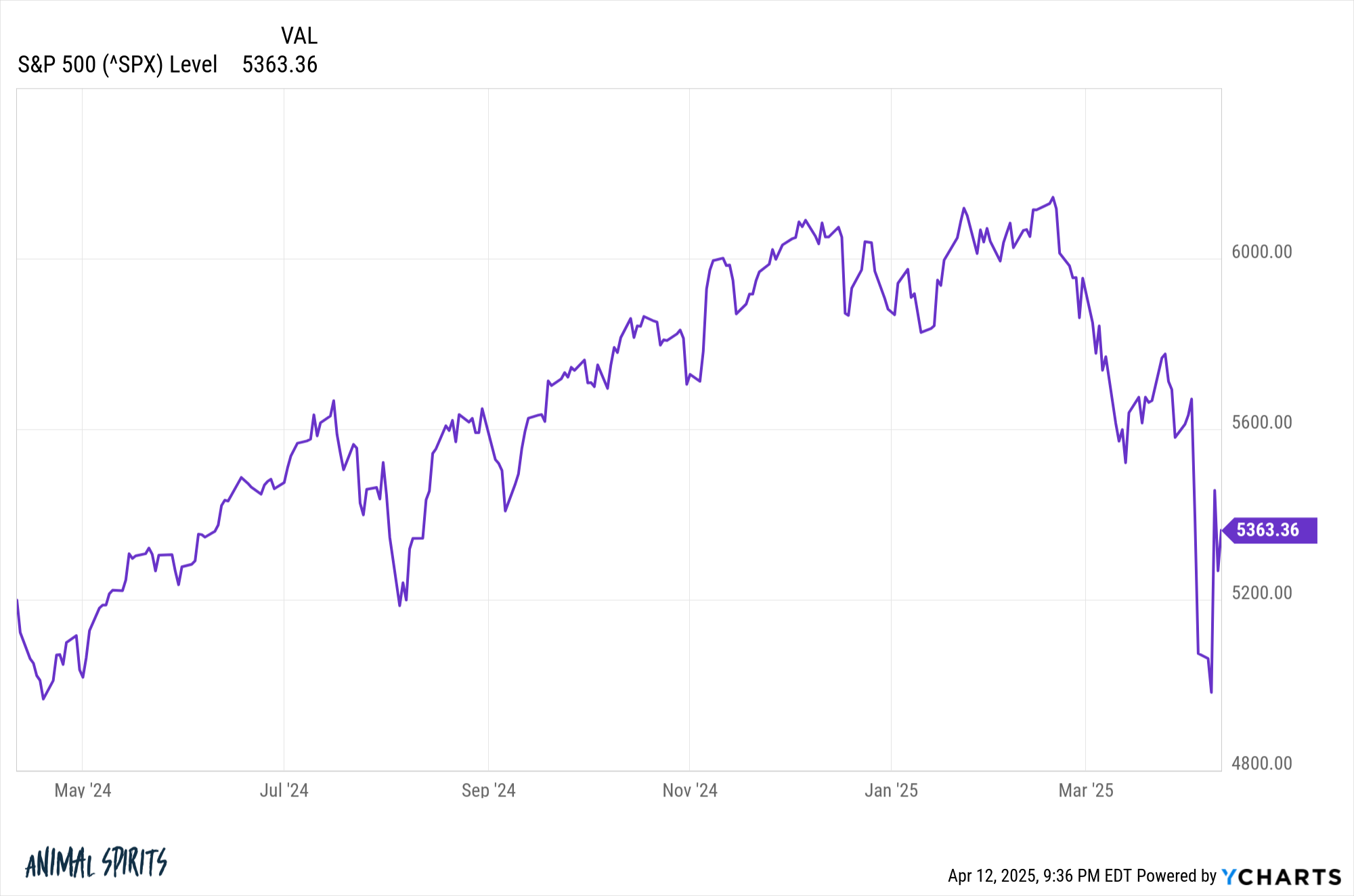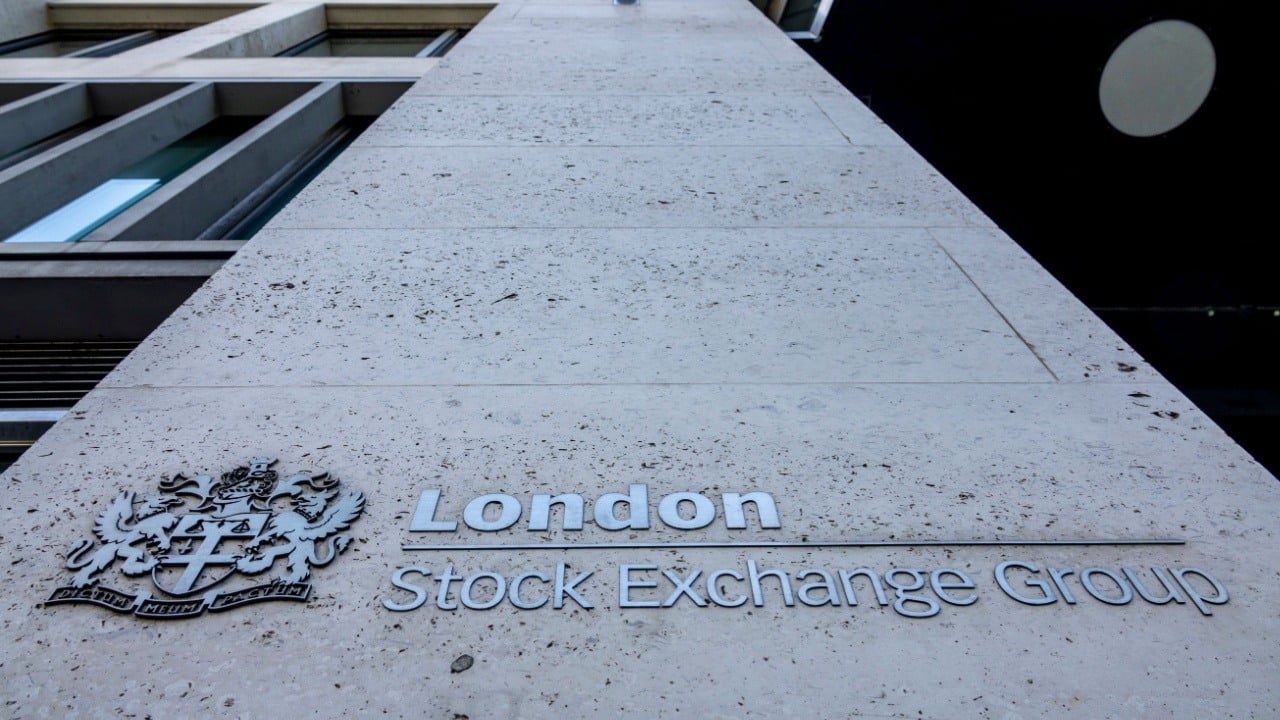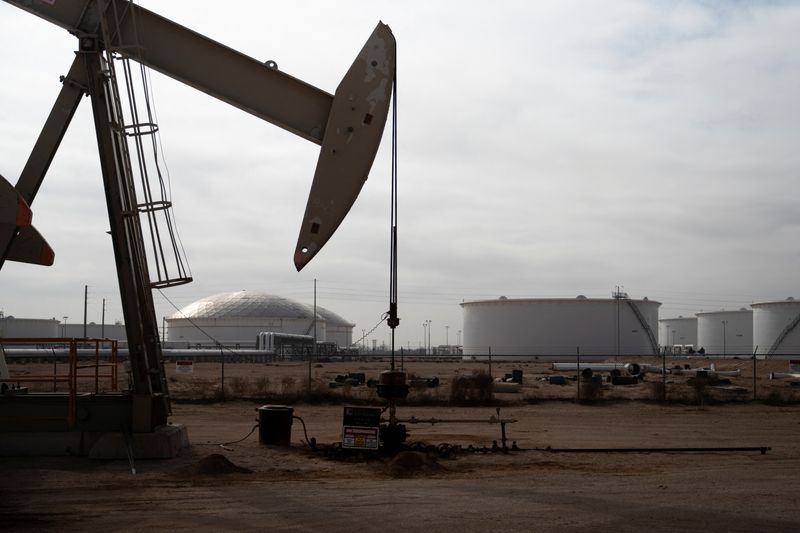What Exactly is Your Full Retirement Age and How Does it Affect Your Social Security Benefits?
Understanding the details of Social Security is critical for both current retirees and for those who are going to retire in the future and who plan on these retirement benefits being an important income source. There are many different things to know about your benefits, but developing an understanding of your full retirement age (FRA) […] The post What Exactly is Your Full Retirement Age and How Does it Affect Your Social Security Benefits? appeared first on 24/7 Wall St..
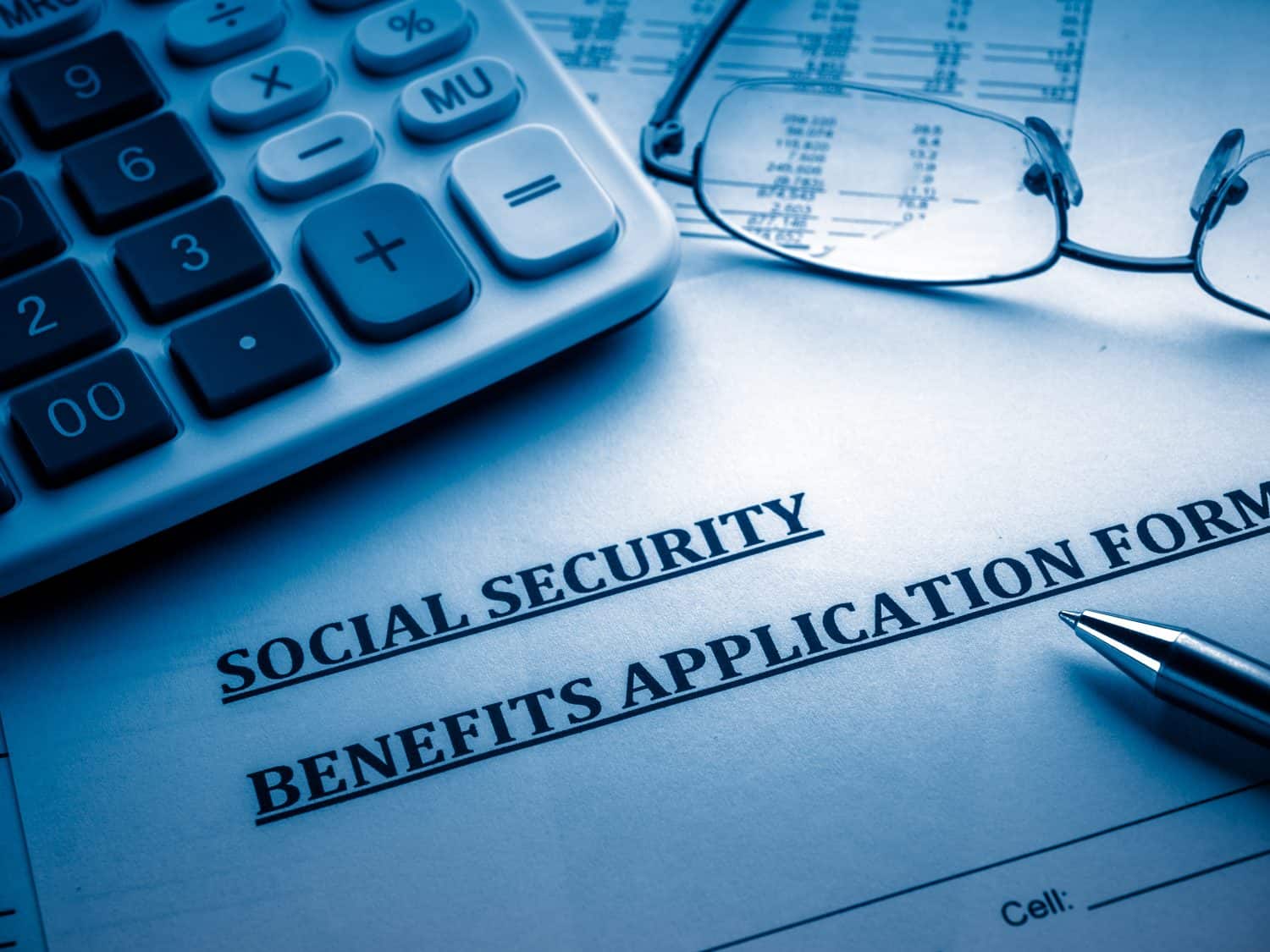
Key Points
-
You must claim Social Security benefits at your full retirement age to get your standard benefit.
-
Your full retirement age is based on your birth year.
-
Early filing penalties or delayed retirement credits apply if you claim before or after your FRA.
-
4 million Americans are set to retire this year. If you want to join them, click here now to see if you’re behind, or ahead. It only takes a minute. (Sponsor)
Understanding the details of Social Security is critical for both current retirees and for those who are going to retire in the future and who plan on these retirement benefits being an important income source.
There are many different things to know about your benefits, but developing an understanding of your full retirement age (FRA) is one of the most crucial things you can do. That’s because your age when you claim benefits relative to FRA is going to have a major impact on the amount of money you receive monthly and during your entire retirement.
So, what is full retirement age, and why does it matter to you? Here’s what you need to know.
Understanding full retirement age
Full retirement age is the age designated by law when you are allowed to claim your standard Social Security benefit. You are also allowed to work as much as you want while collecting Social Security once you have reached your FRA, and your spousal benefits max out once you hit this age.
When Social Security was created, the full retirement age was set at 65. However, in 1983, lawmakers amended Social Security to try to shore up the finances of the program. One of the changes they made was slowly moving the full retirement age later. As a result, under the new rules, your FRA was based on the year that you were born. The chart below shows exactly what your FRA is based on your birth year, under these amended rules.
| If you were born in this year | This is your FRA |
|---|---|
| 1943 – 1954 | 66 |
| 1955 | 66 and 2 months |
| 1956 | 66 and 4 months |
| 1957 | 66 and 6 months |
| 1958 | 66 and 8 months |
| 1959 | 66 and 10 months |
| 1960 | 67 |
Table source: Social Security Administration
Knowing this key number will help you to make more informed choices as you make decisions about exactly when to claim your Social Security benefits.
How does your FRA affect your benefit amount?
Knowing your FRA is very important because the age when you start Social Security, relative to your FRA, is going to have a huge impact on the amount of income you collect from the benefits program. This is because a system of early filing penalties and delayed retirement credits applies.
See, you can start checks as young as age 62 or you can delay. The Social Security Administration wants to allow people the option to claim either early or late and ideally get around the same total amount of lifetime benefits. So, each month you claim a benefit before your FRA results in a penalty, with the specific reduction in benefits varying depending on whether you claim more than 36 months early or less than 36 months early. For those who wait past FRA, on the other hand, you are rewarded with delayed retirement credits that increase your benefits.
If you claim directly at your FRA, you will collect the standard benefit that you are entitled to (calculated based on a percentage of your inflation-adjusted average wage during your 35 highest earning years). A claim before or after, though, will be smaller or larger. Although penalties apply monthly, the table below shows the annual impact of an early or late claim so you can get a better idea of how your claiming age relative to FRA affects your payment amount.
|
If you claim benefits at age: |
This is how much your benefits are reduced |
If you claim benefits at age: |
This is how much your benefits are increased |
|---|---|---|---|
|
62 |
30% |
67 |
0% |
|
63 |
25% |
68 |
8% |
|
64 |
20% |
69 |
16% |
|
65 |
13.3% |
70 |
24% |
|
66 |
6.7% |
Ultimately, those who would prefer to get more small checks should start their benefits younger, while those who want fewer large checks should delay.
Seniors who want to maximize the chance of getting the most lifetime income should also wait, as studies have shown a claim at 70 results in the most benefits over time for seven in 10 retirees. Those claiming spousal benefits, on the other hand, can avoid early filing penalties by waiting until at least FRA to claim, but can’t earn delayed retirement credits so should never claim later than their FRA.
What’s the right choice for you?

Deciding whether to claim benefits at FRA, before it or after it is a big decision — but knowing your full retirement age is the first step.
Once you know when your FRA is, you can decide if you want an early, late, or on-schedule claim. A financial advisor can also help you make this choice, taking into account things like the impact on spousal benefits, your health status, and your retirement nest egg, so you can make the best and most informed decision about what claiming age is best for your needs.
The post What Exactly is Your Full Retirement Age and How Does it Affect Your Social Security Benefits? appeared first on 24/7 Wall St..
